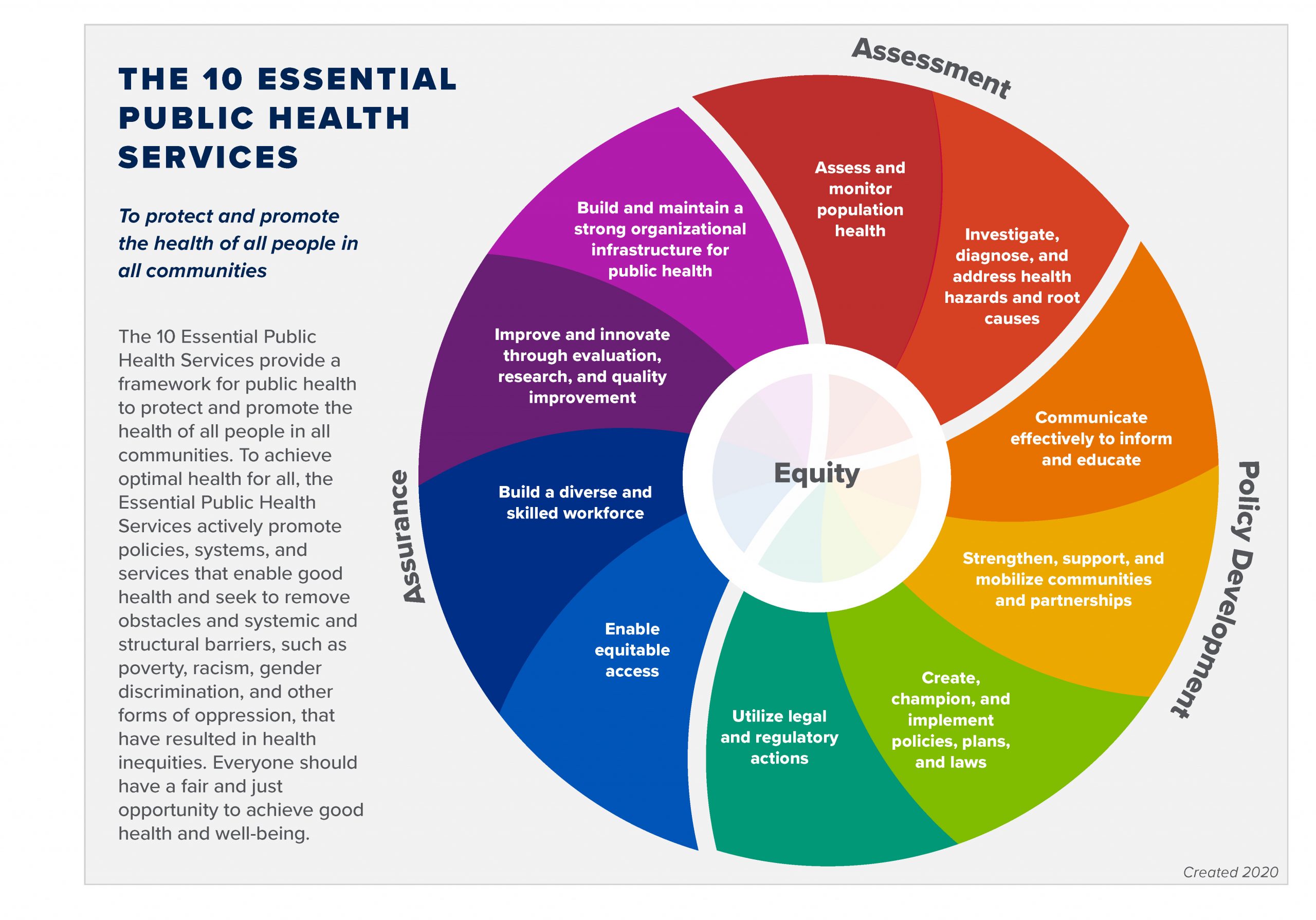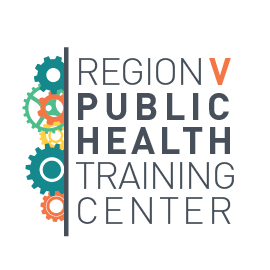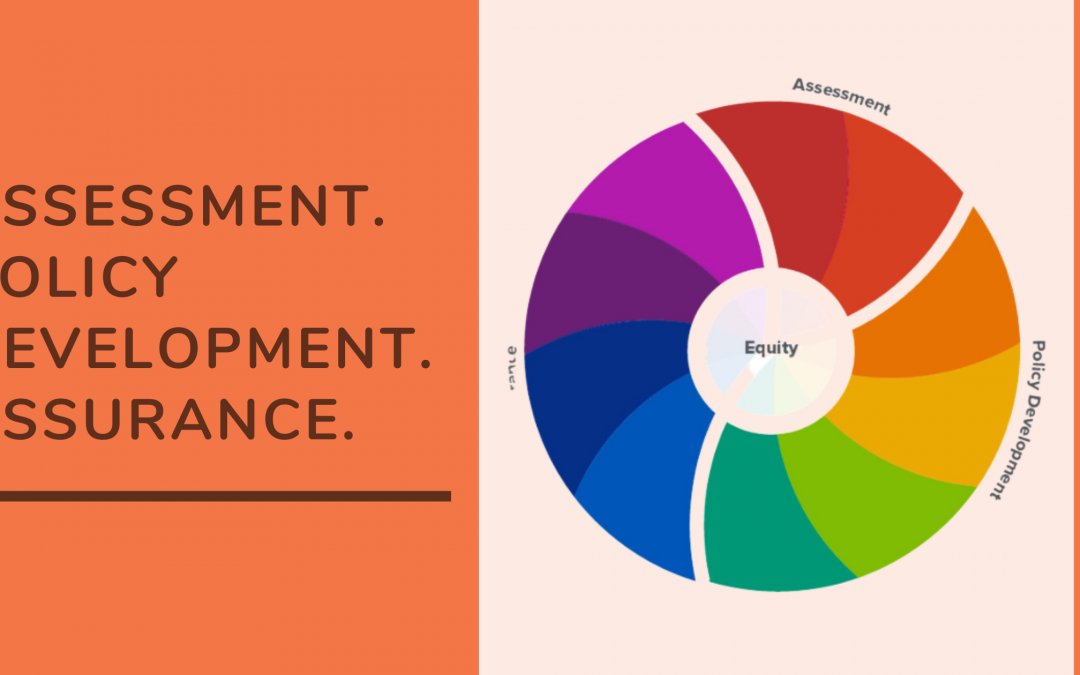Some who consider themselves to be lifelong learners get excited about continuing education. Some disciplines and professions require continuing education to maintain licenses to practice. Either way, this continuing education stems from the core competencies expected from the public health workforce.
All public health practitioners, no matter their area of focus or professional tier, should have broad knowledge in the 10 Essential Public Health Services (last updated in 2020). These Essential Services take a twist from focusing on what practitioners should know (individual-level) to what services should be provided in a community by local health departments and other cross-sector partners in the public health system (organizational-level). Consider them a framework for public health practice, as stated by the CDC:
- Assess and monitor population health status, factors that influence health, and community needs and assets
- Investigate, diagnose, and address health problems and hazards affecting the population
- Communicate effectively to inform and educate people about health, factors that influence it, and how to improve it
- Strengthen, support, and mobilize communities and partnerships to improve health
- Create, champion, and implement policies, plans, and laws that impact health
- Utilize legal and regulatory actions designed to improve and protect the public’s health
- Assure an effective system that enables equitable access to the individual services and care needed to be healthy
- Build and support a diverse and skilled public health workforce
- Improve and innovate public health functions through ongoing evaluation, research, and continuous quality improvement
- Build and maintain a strong organizational infrastructure for public health1
 These skills are great and all, but what does that mean in terms of how we prepare our public health workforce?
These skills are great and all, but what does that mean in terms of how we prepare our public health workforce?
Enter the Core Competencies for Public Health Professionals. A set of knowledge and skills covering the broad practice of public health, they are defined by the 10 Essential Skills for Public Health Services. They have been developed and refined over the past 30 years by the Council on Linkages Between Academia and Public Health Practice (Council on Linkages), whose job is to improve public health education and training, practice, and research.
Most recently updated in October 2021, the Core Competencies include eight (8) domains, with each domain containing between 7-16 competencies:
- Analytical/Assessment Skills
- Policy Development/Program Planning Skills
- Communication Skills
- Cultural Competency Skills
- Community Dimensions of Practice Skills
- Public Health Sciences Skills
- Financial Planning and Management Skills
- Leadership and Systems Thinking Skills
These and other sets of competencies drive both student and professional development. As part of the credentialing process, the Council on the Education for Public Health (CEPH) requires that public health students are trained according to 22 foundational competencies. The RVPHTC references two primary competency sets: the Core Competencies outlined by the Council on Linkages and the Strategic Skill domains from the de Beaumont Foundation. There are also discipline-specific competency sets that may be required of specific subsets of the public health workforce.
Awareness of competencies is important as students and practitioners establish standard levels of skill and knowledge, elevating the work of the field overall. In practice, competencies are used in job descriptions, for performance reviews, in training needs assessments, and to construct corresponding training that will advance the workforce based on identified gaps. They are also reflected in health department accreditation requirements (see PHAB standards).
You may wonder how the 10 Essential Skills that build the framework for public health turn into these core competency domains, which is where the Council on Linkages comes in. They work to identify the most impactful skills and prioritize those within each domain to develop a set of well-rounded competencies. The idea is that public health practitioners knowledgeable in these areas will have the skills necessary to effect positive change in their communities, particularly in the areas of health and wellbeing.
Just remember how broad public health is overall and you can see why dialing into some of these competency areas can be so important. After all, public health is more than just access to care; public health lives in the creation of equitable policies and systems enhancing access to social supports and healthcare in an attempt to create a healthier world.
Looking for more? Start with some of these related resources:
- Core Competencies for Public Health Professionals
- 10 Essential Public Health Services
- Council on Linkages Between Academia and Public Health Practice
- Foundations of Public Health Practice
- Governance in Action for Public Health
—
- Centers for Disease Control and Prevention. https://www.cdc.gov/publichealthgateway/publichealthservices/essentialhealthservices.html. Publication date unavailable. Updated March 18, 2021. Accessed January 3, 2022

